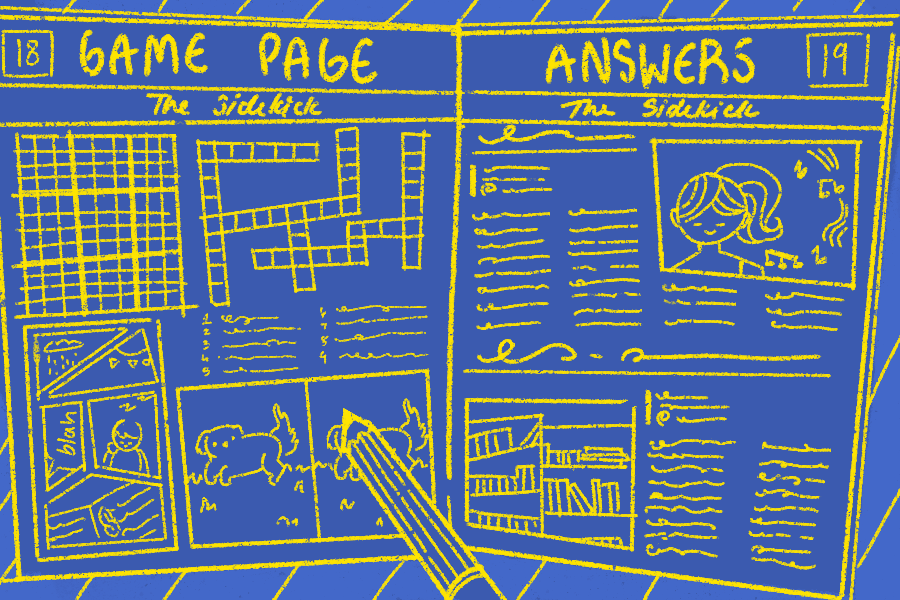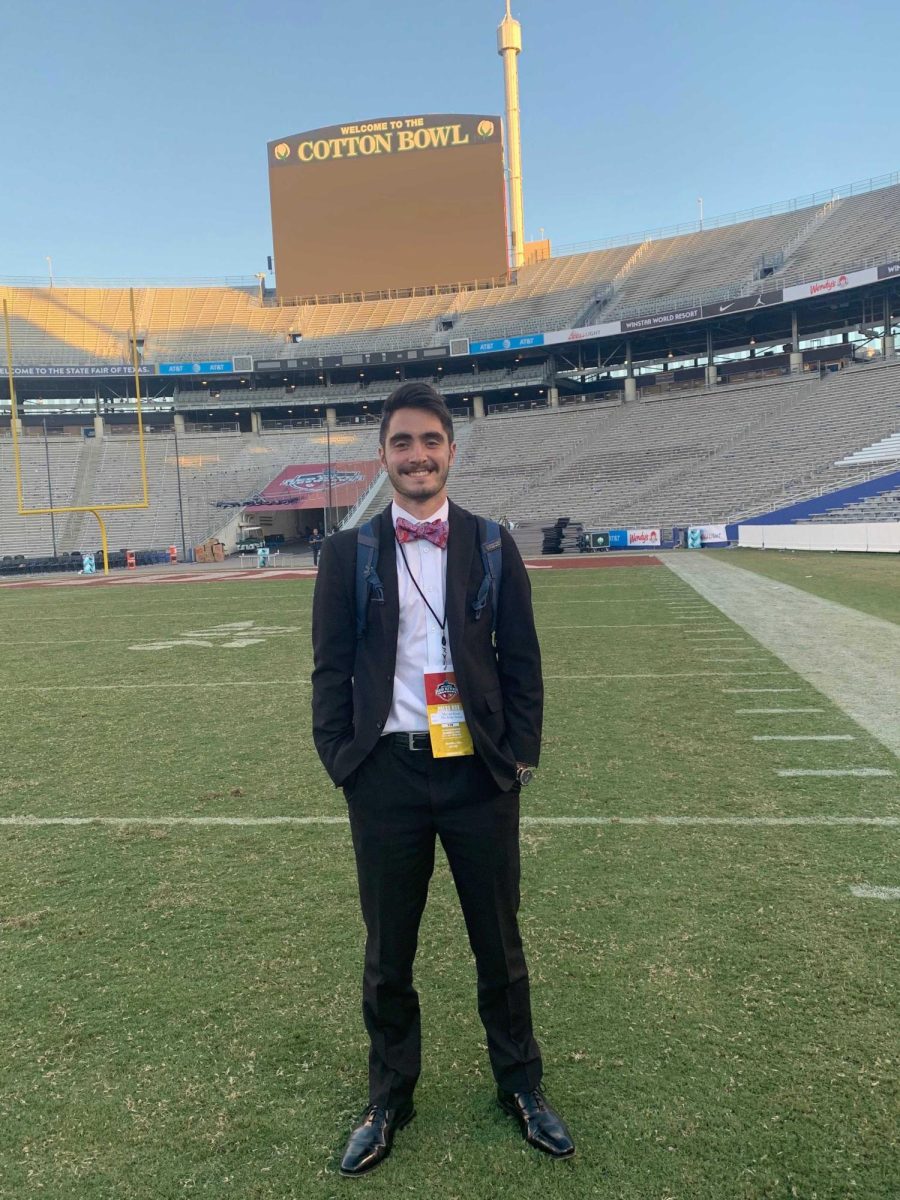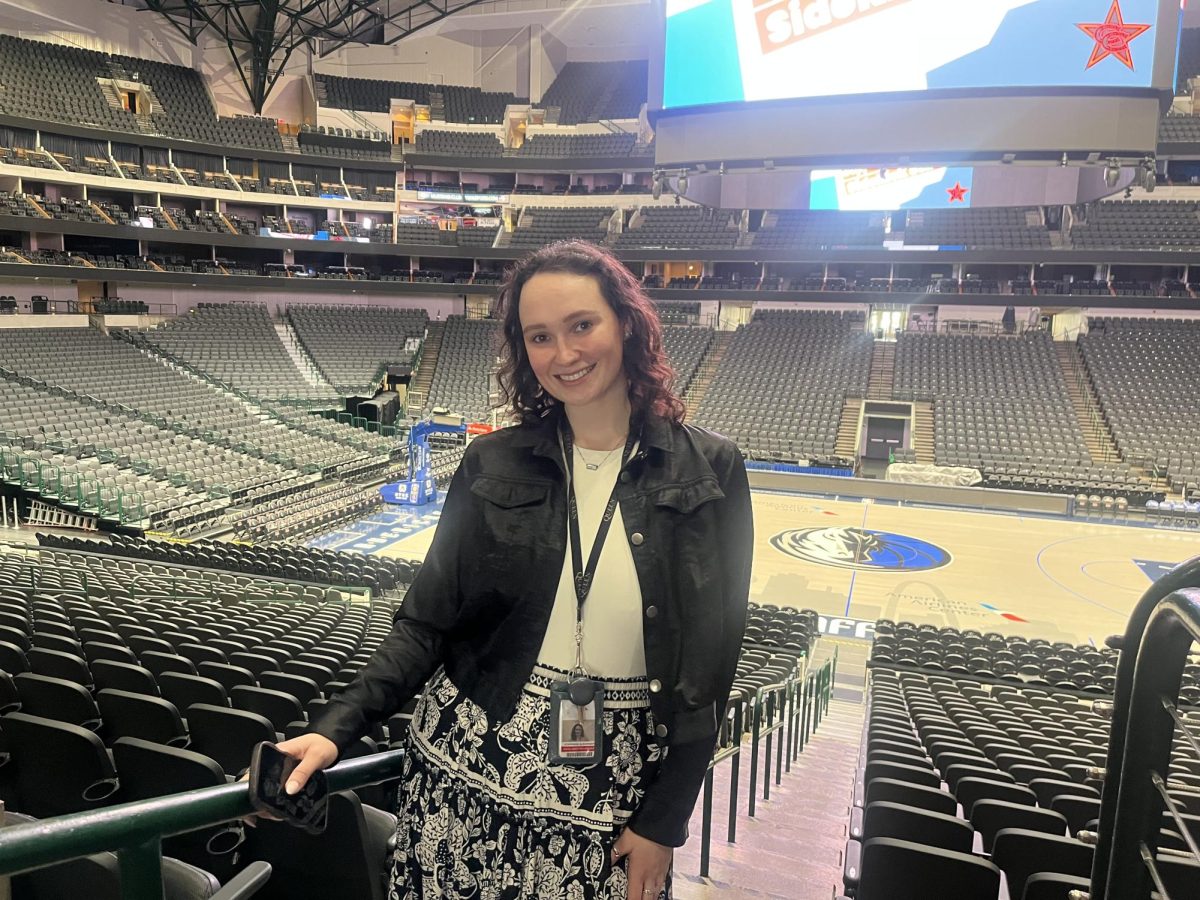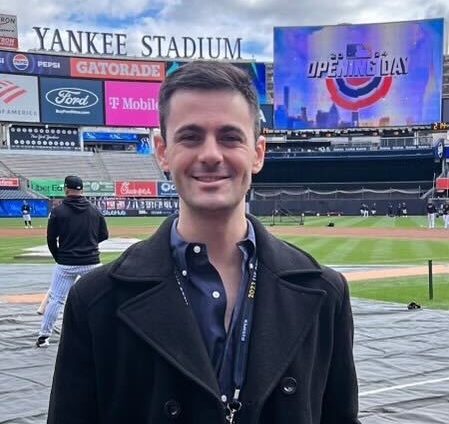News Editor

With the imminent arrival of a new Harry Potter theme in Universal Studios in Orlando and the separation of the final movie into two parts, it appears that a desire to cling onto the magical phenomenon continues to prolong the end of its existence in pop culture.
The relatively recent morphing of the well-known Quidditch game into a sport playable by non-magic folk, or “Muggles”, can be noted as yet another way Harry Potter is being transformed from something simply on paper to part of daily life.
The origins of Muggle Quidditch are traced back to Middlebury College in Connecticut, where the first team was formed in 2005. The following year, student Alex Benepe took over as Middlebury Commissioner for the team, and later founded the Intercollegiate Quidditch Association (IQA). Since then, various colleges have formed their own leagues and joined the association, wishing to take part in this unique sport as well.
Though Muggle Quidditch is more commonly seen on a collegiate level, leagues have started to spring up at various high schools. While loosely played last year, a more concrete group has been organized this year at Coppell High School by junior Raghu Achukola.
“I heard about it last year from a substitute whose daughter was involved in it at Texas A&M,” Achukola said. “I love Harry Potter, so I was quickly interested.”
Achukola’s first task was to contact the Intercollegiate Quidditch Association to request an official handbook, stating the rules and regulations of the game. Since the IQA hopes to keep all games as regulated as
possible, this handbook is a necessary possession before the formation of any official leagues. Additionally, the handbook served to help with the organization of the sport at the high school.
“I followed the rules necessary for bringing this about at the high school,” Achukola said. “First, I organized a group and made sure they’d be willing to play, and then I asked school representatives to make it official.”
Muggle Quidditch is played quite similarly to the way the game is described in the books, with the obvious exception of the fact that flying is not a possibility. However, in order to maintain as much similarity to J.K. Rowling’s version of the sport, Muggle Quidditch players do play the sport with a broomstick between their legs.
The “quaffle” is a volleyball, which team members pass around and have to shoot into a goal, or a hula-hoop attached to a pole, which is guarded by a keeper. Beaters for each team throw dodge balls at the opposing team in an effort to force them to drop the quaffle. Those who are hit by these dodge balls must return to their respective team’s goal and run around the hoop, a figure that players estimate would account for the time a magical Quidditch player would take to get back on his broomstick.
Sometime during the game, the “snitch” is released. For those unaware of the rules of Quidditch, upon the catching of the snitch, the game is completed and the team is awarded 150 points. Since a flying, chestnut-sized golden ball is unavailable to Muggle Quidditch teams as it is to the Quidditch players within the novel, the snitch is rather a player, dressed in all yellow, with a tennis ball in a sock attached to his back pocket. To “catch” the snitch, a member must grab this sock-covered tennis ball.
Unlike the Intercollegiate Quidditch Association where a series of teams competes against each other to lead to an ultimate World Cup, there are close to no schools nearby with similar Muggle Quidditch teams, so the Coppell team must do with playing against itself.
“I’m really excited to play this,” Achukola said. “It’s going to be so much fun, regardless of the number of people that play. It will be interesting to see this game go from something in my mind to something in action.”
All those willing to play are instructed to meet on the soccer fields behind the fieldhouse, where division of teams will occur based off of the number that show up. Certain positions are decided ahead of time to ensure that vital roles are filled; the snitch will be senior Quinn Zhang, while the two team captians, and chasers, are Achukola himself and junior Zack Korman.
“I want to play Quidditch because it’s unique from other sports,” Korman said. “It provides diversity, while it still requires physical ability and endurance. I like the idea of playing a sport that few people do.”
For more information about Muggle Quidditch as a whole, information can be found on the Intercollegiate Quidditch Association web site. To take part in Muggle Quidditch at CHS, notifications and events are sent out via the Facebook group.
“I really think people should play this,” junior Akshaya Selvamanni said. “It’s going to be tons of fun and a guaranteed magical time.”








